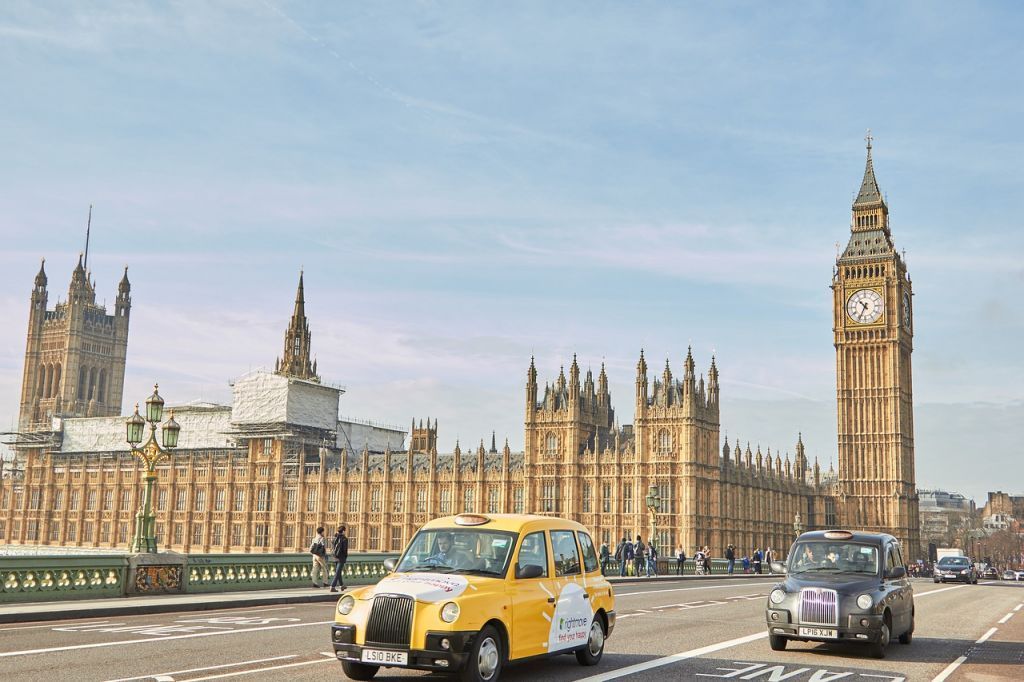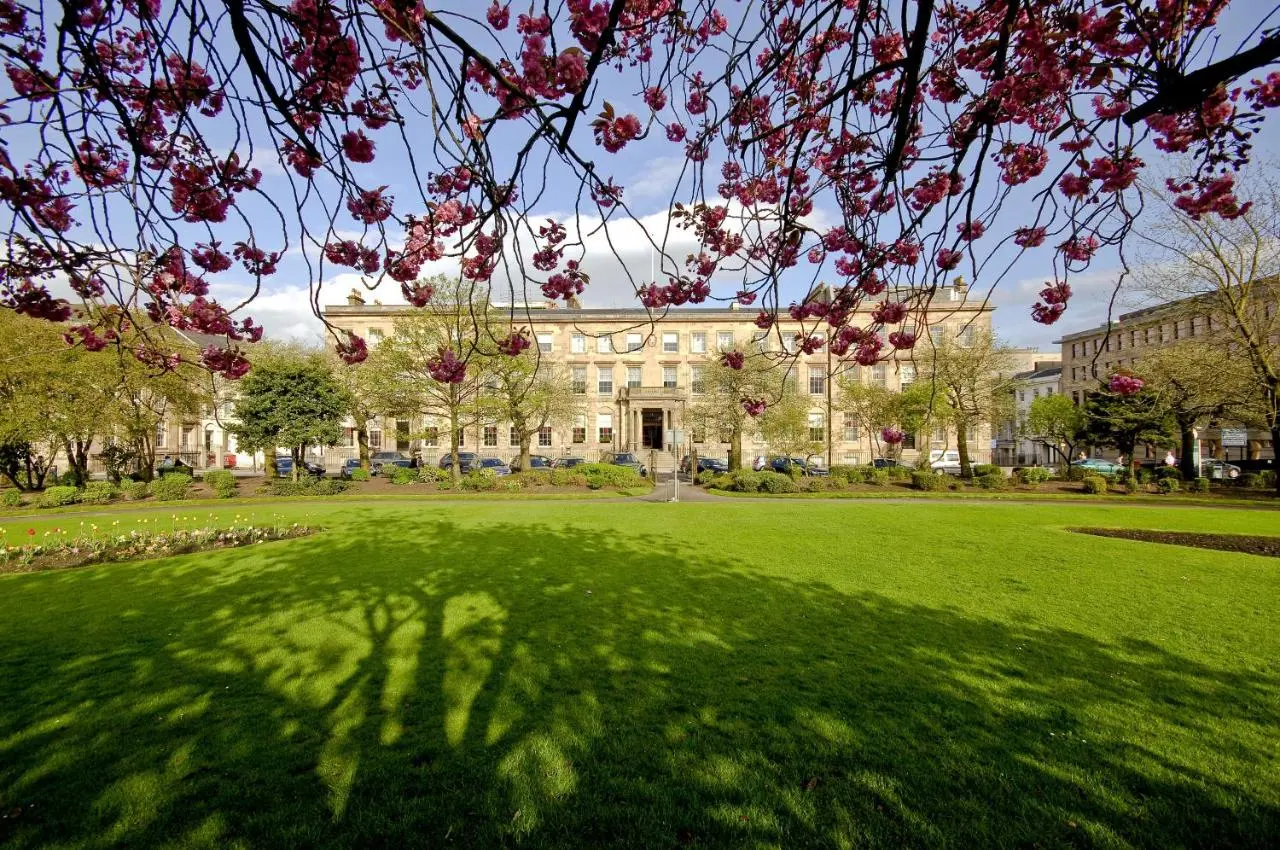The UK government is contemplating the cancellation of a significant portion of the delayed and over-budget High Speed 2 (HS2) rail project, initially promoted as a catalyst for job creation and investment in northern England.
Reports suggestReports suggest an impending announcement that the rail line might terminate in Birmingham, rather than extending to Manchester.
The Conservative government maintains that a conclusive decision on the HS2, now under scrutiny due to escalating costs attributed to global inflation, pandemic, and the Ukraine conflict, is yet to be made. Grant Shapps, the UK’s defense minister, emphasized the necessity to reevaluate the project, stating it would be “irresponsible to simply spend money” without acknowledging the changed circumstances.
Originally estimated at £33 billion in 2011, the project’s cost projections have skyrocketed to over £100 billion. HS2, designed to enhance connectivity and reduce travel times between London, Birmingham, Manchester, and Leeds, has faced opposition due to environmental concerns and its impact on local communities. Despite the opposition, it was seen as a crucial step in balancing economic prosperity across regions, especially in the economically lagging northern England.
The government had previously scrapped the Birmingham-to-Leeds section of HS2 in 2021 but retained plans for the segment between London and Manchester. Former Prime Minister Boris Johnson criticized further reductions in the project, citing it as nonsensical, and Manchester Mayor Andy Burnham expressed concerns over the widening north-south divide due to unequal infrastructure development.
Additionally, the completion of the line to Euston station in central London has been postponed, with services expected to commence between 2029 and 2033 from Old Oak Common station in the city’s western suburbs. London Mayor Sadiq Khan warned that this could result in the high-speed journey taking as long as the existing route, potentially turning the project into a monumental waste of public funds.












